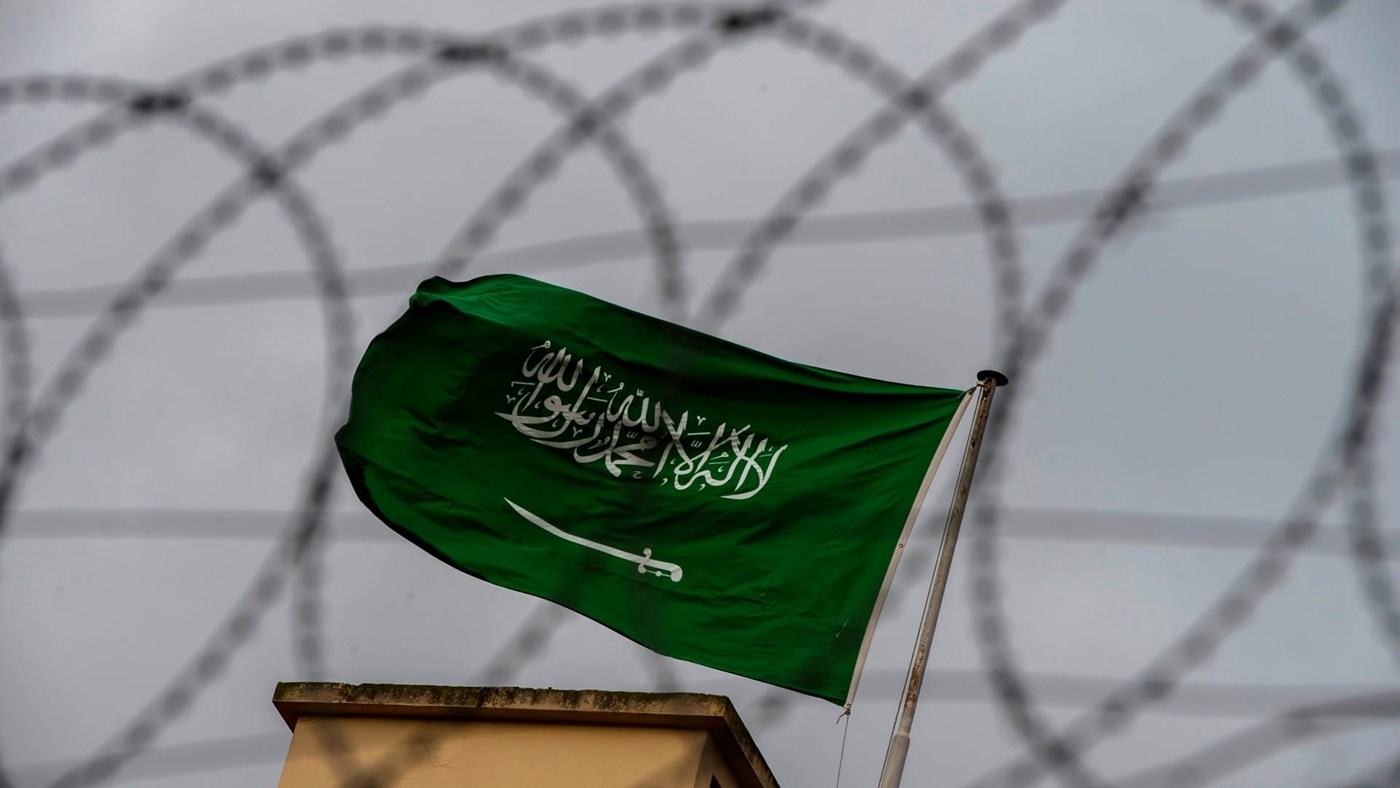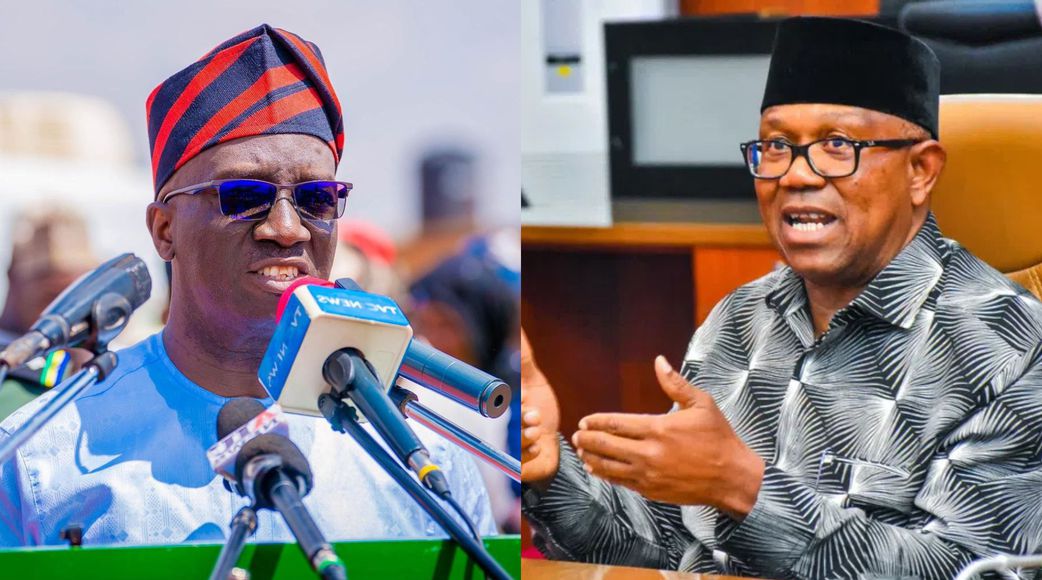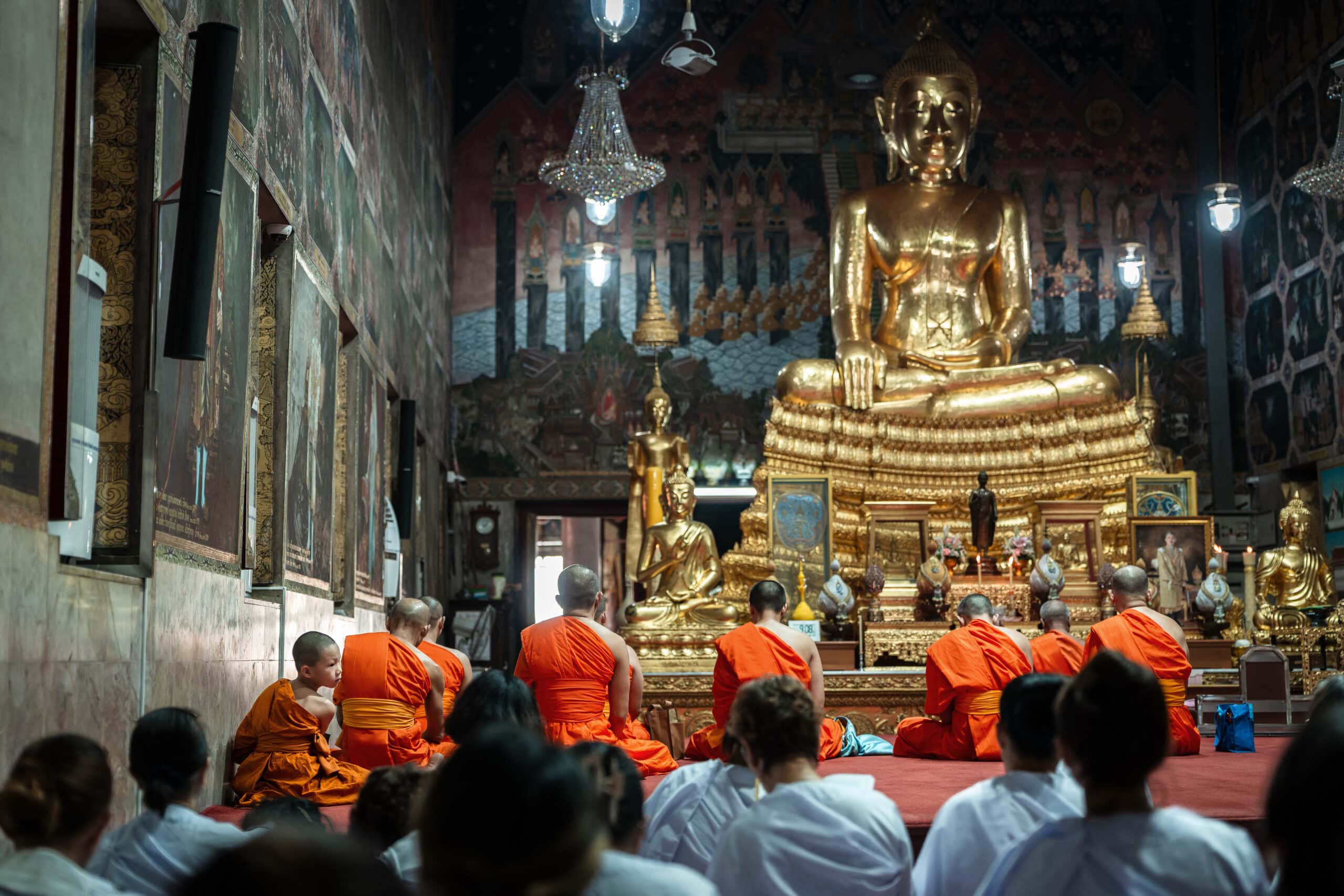Saudi Arabia has executed six Iranian nationals convicted of drug trafficking, the official Saudi Press Agency (SPA) reported on Wednesday. The executions took place in Dammam, a city on the kingdom’s Gulf coast, following convictions for “clandestinely introducing hashish” into the country, according to a statement from the Ministry of Interior. The SPA did not specify when the executions were carried out.
Surge in Executions for Drug Offenses
The executions bring the total number of people executed for drug-related offenses in Saudi Arabia in 2024 to 117, according to an AFP tally based on official data. This marks a significant increase in executions since Saudi authorities lifted a moratorium on the death penalty for drug charges two years ago.
In 2023, the kingdom launched an aggressive anti-drug campaign, featuring a series of raids and arrests that underscored its zero-tolerance stance on drug-related crimes.
Historical and Diplomatic Context
Saudi Arabia’s execution policies have long been a point of contention with international human rights groups. Amnesty International reports that Saudi Arabia carried out the world’s third-highest number of executions in 2023, behind only China and Iran. The kingdom has defended its use of the death penalty, asserting that it is essential for maintaining public order and is applied only after all appeals have been exhausted.
The executions come amid a fragile diplomatic thaw between Saudi Arabia and Iran. The two nations severed relations in 2016 following attacks on Saudi diplomatic missions in Iran by protesters angered over the execution of Shiite cleric Nimr al-Nimr. Ties were restored in March 2023 in a deal brokered by China, signaling a rapprochement between the regional powers.
Global Criticism
Human rights organizations have consistently criticized Saudi Arabia’s use of the death penalty, particularly for non-violent offenses such as drug trafficking. They argue that such measures are disproportionate and violate international human rights standards. Despite this criticism, Saudi authorities maintain that their strict penalties are a necessary deterrent to drug-related crimes.












